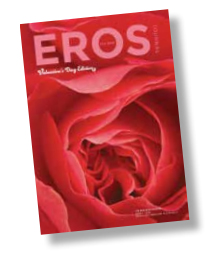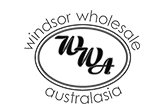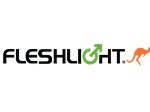By Jarryd Bartle Campaigns & Policy Advisor – Eros Association
By the end of this year, the Therapeutic Goods Administration (‘TGA’) will have decided on the legal status of Amyl, Butyl and other Alkyl Nitrites.
In an interim decision to be finalised in November, the TGA aims to ‘reduce the misuse and abuse of alkyl nitrites in lubricants and inhalants/’poppers’ for recreational use’ by scheduled all alkyl nitrites, except for use as ‘machinery lubricant’, as Schedule 9 prohibited poisons.
This places alkyl nitrites in the same category as heroin and other drugs of dependence and severely increases the criminal penalties for sale, as well as possession, of alkyl nitrites.
Alkyl nitrites are a common ingredient in leather cleaners and some sexual lubricants. This decision will therefore have a major impact on adults-only retailers. Moreover, the ban is likely to have many adverse impacts on public health.
The deliberate misuse of alkyl nitrite products recreationally (colloquially known as ‘poppers’) is relatively common, particularly among gay and bisexual men. According to one study, 32.1% of Australian gay and bisexual men in Australia have used alkyl nitrites as a recreational drug within the last 6 months.
The use of ‘poppers’ by gay and bisexual men has generally been motivated by enhanced sexual effects. Despite what the TGA may argue, current unintended use of alkyl nitrite containing products is not a notable public health concern.
Inhalation of alkyl nitrites is widely recognised as carrying very low health risks, with serious health complications and fatalities the result of accidental or deliberate ingestion of contents (something recreational users don’t do).
Bans of domestic retail sale of alkyl nitrite containing products will not decrease consumption of these products, but simply increase demand for overseas suppliers of questionable quality.
In the UK, when New Psychoactive Substances bans were potentially going to impact sales of amyl nitrites, Stonewall UK, one of the most prominent LGBT rights organisations in Europe – argued that the move would cause significant harm to the queer community, noting:
People who use poppers will be forced to turn to illegal suppliers who could supply poppers containing unknown harmful substances or indeed more harmful illegal drugs. This is not acceptable and puts gay and bi men at risk.
Speaking to the Canberra Times, gay rights activist Stephen Smith called the proposed TGA ban ‘moralising and perhaps even homophobic’ and noted that community education was a better strategy than an outright ban.
Clearly a top-down ban is not going to stop the misuse of alkyl nitrite containing products and will only serve to increase the harms caused by overseas suppliers. It is within the interests of public health to resist broad brush attempts to restrict sales.
Eros has made a submission to the TGA opposing the proposed rescheduling and is outlined as follows.























